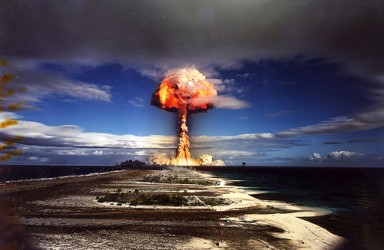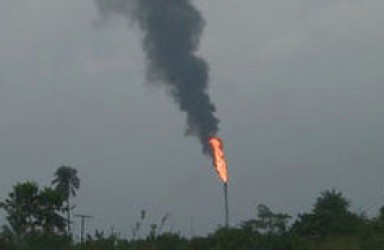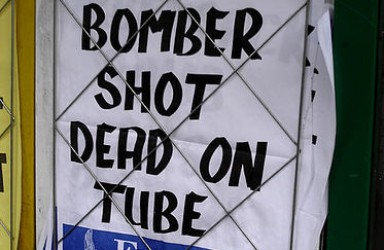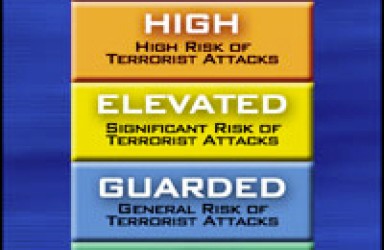Nuclear Non-use: Rational Deterrence, Prudence or a Long-lasting Taboo?
The subject of this essay asks how the issue of nuclear non-use lends itself to constructivist understandings, namely to the interpretation of ongoing processes of social interaction determined by shared ideas.
Oil, Security and US Involvement in West Africa
In recent years, the United States has been quietly increasing its presence in West Africa with a variety of declared humanitarian interests. Discussion as to the ‘true’ motivations vary, from the need to shore up its role as global hegemon in the face of Chinese advances, to attempts to neutralise the territory as a base camp or staging ground for terrorists, to the need for new desire for US goods. The most pragmatic of the ‘true’ motivations offered is the need to secure oil supplies.
The War on Terror and the Crisis in Pakistan
How ironic it would be if the most direct consequence of the “war on terror” was the overthrow of a government by Muslim extremists and the destabilization of a nuclear-armed country. With the Taliban gaining full control of the Swat Valley in Pakistan last February and advancing to within 60 miles of Islamabad just a few months ago – moving much faster and over a wider area than in any of their previous incursions – such a catastrophe seems to be looming just over the horizon.
Understanding al Qaeda and Hezbollah
This essay makes a comparative study of al Qaeda and Hezbollah, considering their ideological origins, justifications for terror, and overall objectives and tactics. The author finds that al Qaeda’s ideological groundings strongly influence the global, symbolic nature of the group’s objectives. In contrast, Hezbollah’s origin as a resistance front against Israel has left room for ideological flexibility, resulting in goals that are regional and pragmatic.
Is the War on Terror Transforming Contemporary Politics?
The War on Terror has changed the world of international politics greatly. Old traditions and customs such as the respect for state sovereignty and the formal equality of states have been shaken. Humanitarian intervention and concerns for human security have been forced into the background, and the human rights and liberty of citizens of all nations are being threatened by the War on Terror.
The Constitutive Effects for Conflict and Insecurity of the Post-9/11 Discourse on Terrorism
This essay examines the ways in which the post-9/11 discourse on terrorism has prioritised certain interpretations of terrorism, and argues that these carefully chosen frameworks serve to legitimate certain conceptions of conflict and insecurity, whilst marginalising others.
Islam, Militancy, and Democracy in the Middle East
In order to guide democracy development efforts in the Middle East, Western policymakers must be guided by a realistic and nuanced view of the region. Militancy and terrorism, especially, have traditionally been viewed in terms of simple dichotomies and broad generalizations. This paper attempts to address this issue by offering a framework for the evaluation of Islamist political parties and their participation in democratic systems.
How Should States Fight Terrorism?
Sun Tzu famously wrote that “If you do not know others and do not know yourself, you will be imperiled in every single battle.” If we want to fight terrorism, we must understand both state and terrorist; to this end, we should examine how and why terrorism is linked to the state.
A Discussion of the Dilemmas Posed by Dershowitz as to Whether the ‘ticking bomb’ Terrorist Should be Tortured
This essay will discuss Dershowitz’s arguments as to why the so-called ‘ticking bomb terrorist’ should be tortured, and seek to counter them, concluding that it is too dangerous to legalise the use of torture, even in extreme circumstances.
Why has Defining Terrorism Proved so Difficult?
Following the watershed attacks of 9/11, governments have found themselves confronted, not only with a need to implement protective policies against attacks, but also respond to the, often inflated and media-propelled, collective will and fear of the population. In formulating an effective counter-terrorist strategy, the construction of a universal definition of terrorism is needed. The subjectivity of the term, however, ensures that this is, by no means, an easy undertaking.








